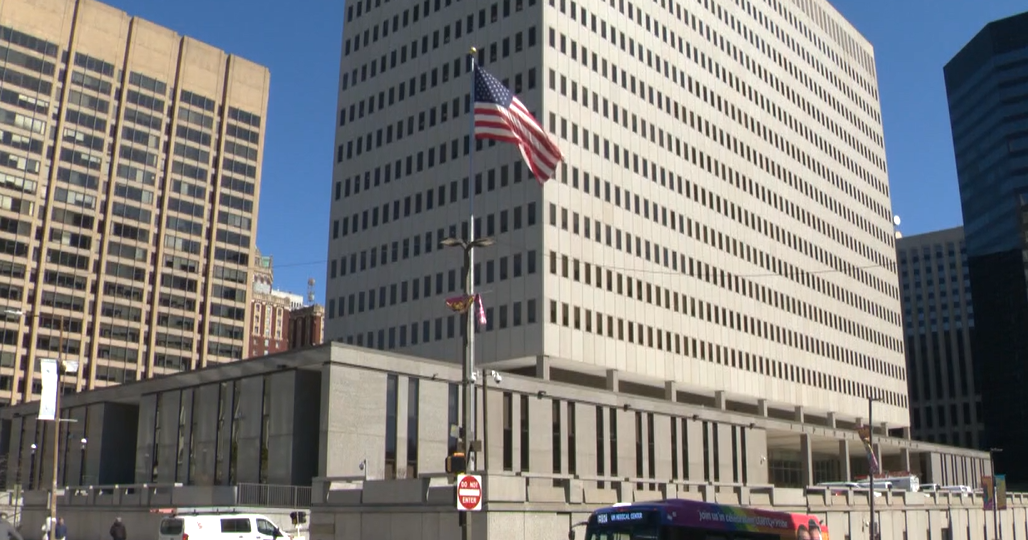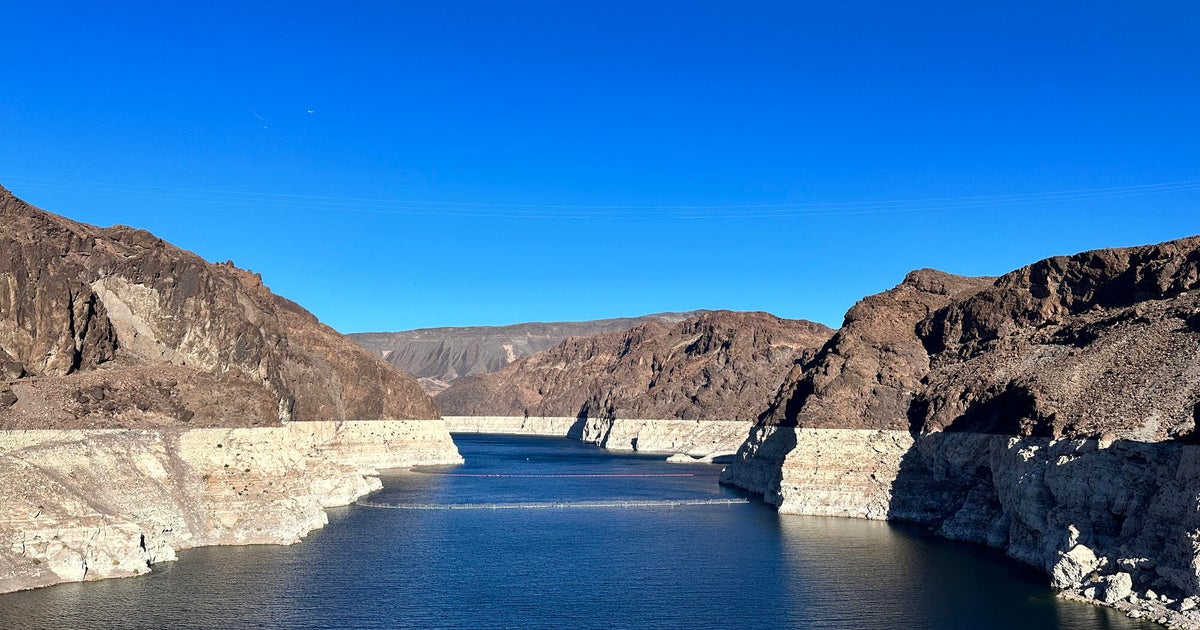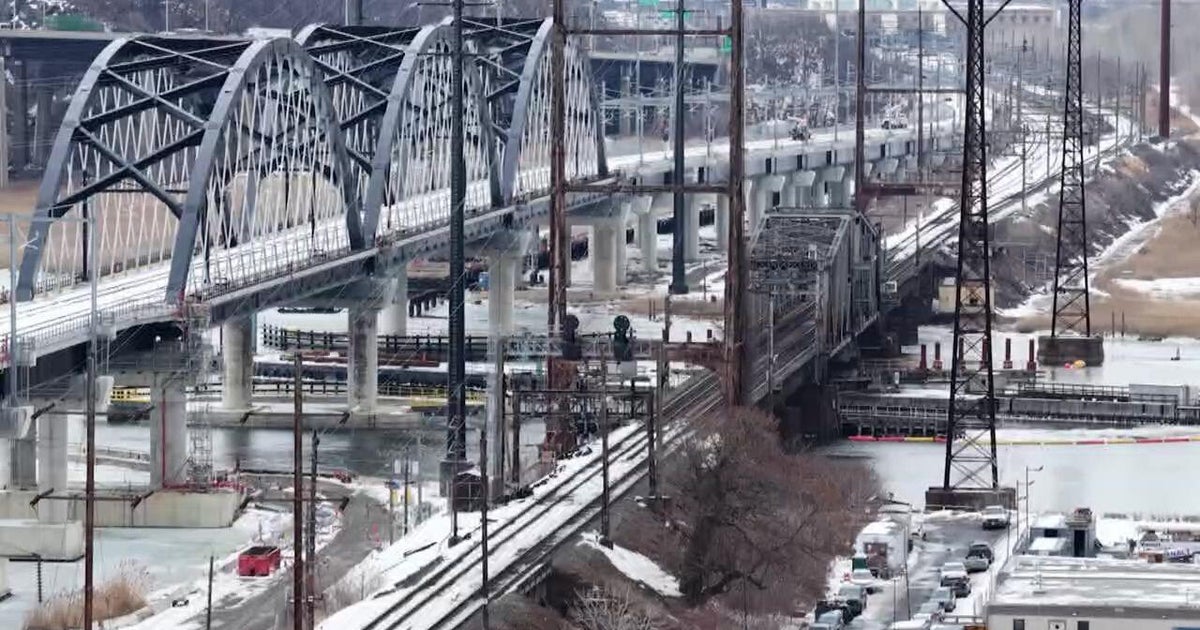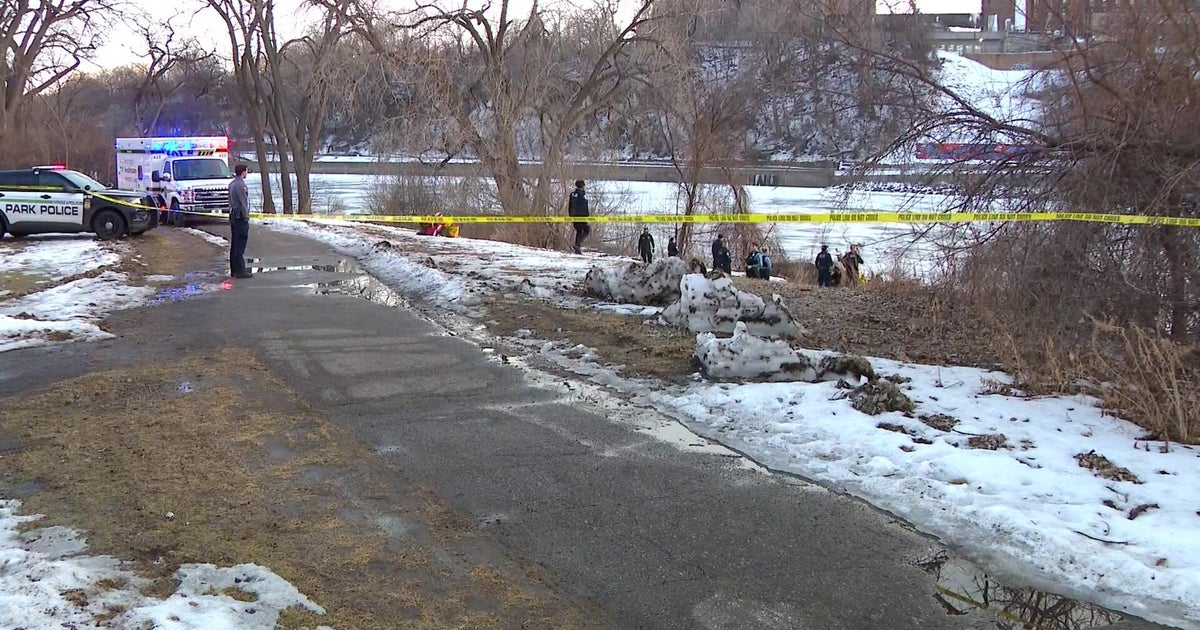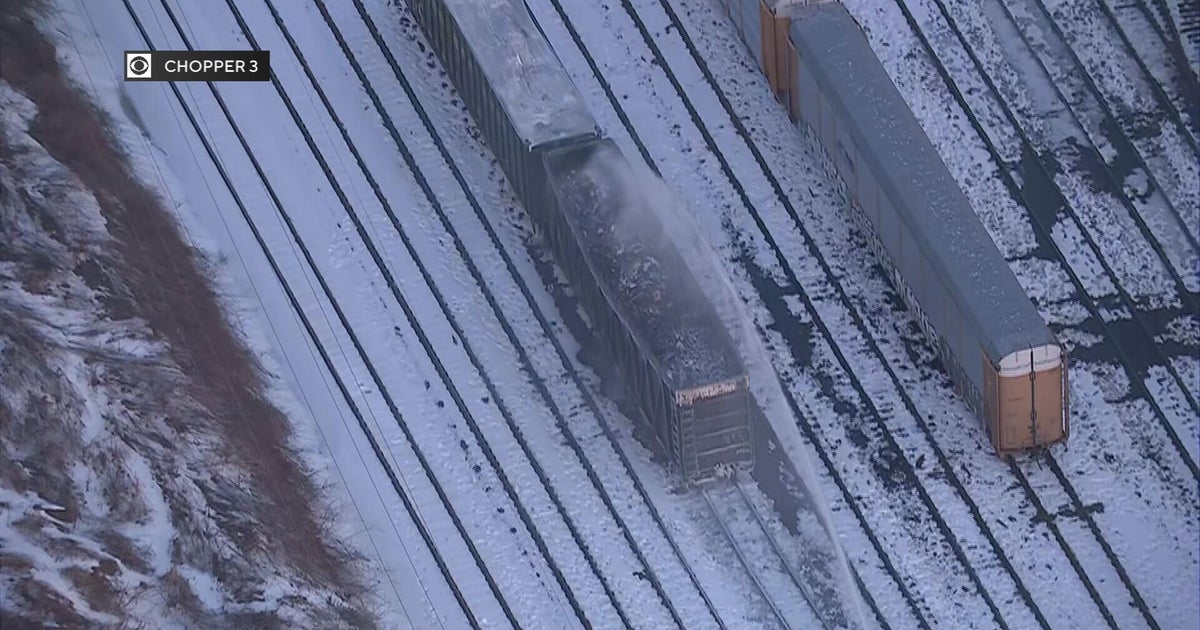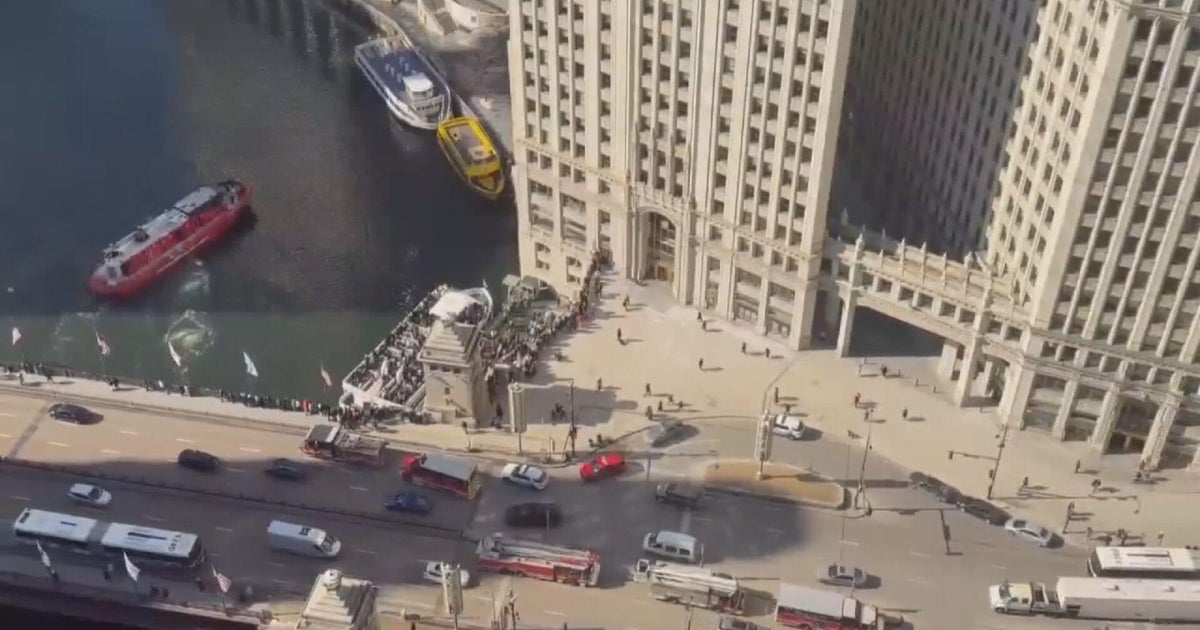Baltimore DPW Says It Wasn't Given Enough Time To Correct Back River Plant Issues Before State Takeover
BALTIMORE (WJZ) -- The Baltimore Department of Public Works on Thursday said it had been working with the Maryland Environmental Service for months to correct issues at the Back River Wastewater Treatment Plant, and that it wasn't given enough time before the state took over operations at the facility.
Maryland Environment Secretary Ben Grumbles on Sunday directed the Maryland Environmental Service to take over operations in response to pollution and other compliance issues at the wastewater treatment plant, the largest of its kind in the state.
The order was handed down Sunday after the state found that Baltimore City did not follow an order issued last Thursday calling for the city to "immediately end all illegal discharges of water pollution at the plant and demonstrate that it has come into compliance with all Clean Water Act permit conditions."
The DPW said "it would not have been possible to comply with this order in such a short timeframe given months of discussion regarding the longstanding issues of the plants."
Under Grumble's directive, MES is tasked with doing everything in its power to make sure that the city complies with the requirements of the facility's discharge permit and halts all "illegal discharges" from the Back River wastewater treatment plant.
The DPW clarified Friday that no untreated sewage is being released into the Back River. The Baltimore department began working with the Maryland Department of the Environment after it sent a letter to the City in August 2021 alleging violations were occurring that needed to be corrected.
Those violations included reporting, business process and treatment issues, DPW said. The Back River and Patapsco plants, both of which are owned and run by Baltimore City, have come under fire from the state for unauthorized discharges of pollutants, such as nitrogen and phosphorus, releases that the state says undermine efforts to restore the Bay and other natural resources.
A month after the MDE letter, the DPW said it submitted to MDE a strategic plan with long-term and short-term actions to address treatment issues at the plant. The DPW said it began bi-weekly meetings with MDE in October for updates and guidance for solutions at the plant.
Since then, the DPW said it made progress in some corrections but struggled with long-standing challenges such as sludge handling, which is the solids portion of wastewater.
The DPW said issues contributing to performance at the plant included staffing shortages and the COVID-19 pandemic that exacerbated those staffing shortages, increased maintenance backlog and significant supply chain delays affecting equipment acquisitions.
Regulators "determined that the decline in the proper maintenance and operation of the Plant risks catastrophic failures at the Plant that may result in environmental harm as well as adverse public health and comfort effects."
Baltimore Mayor Brandon Scott on Monday committed to helping the state get things back under control at the plant, and also pointed out that the problems at the plant existed long before he took office.
